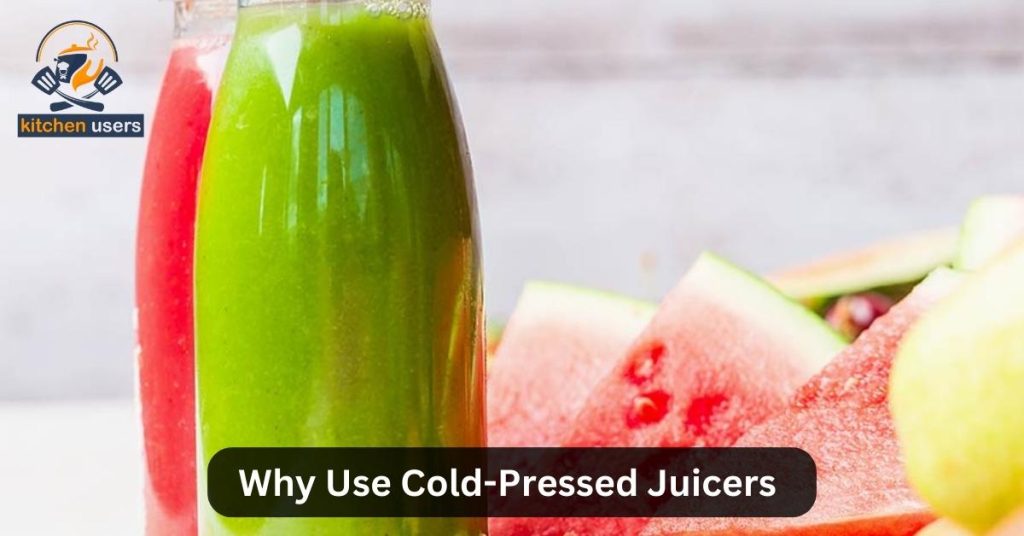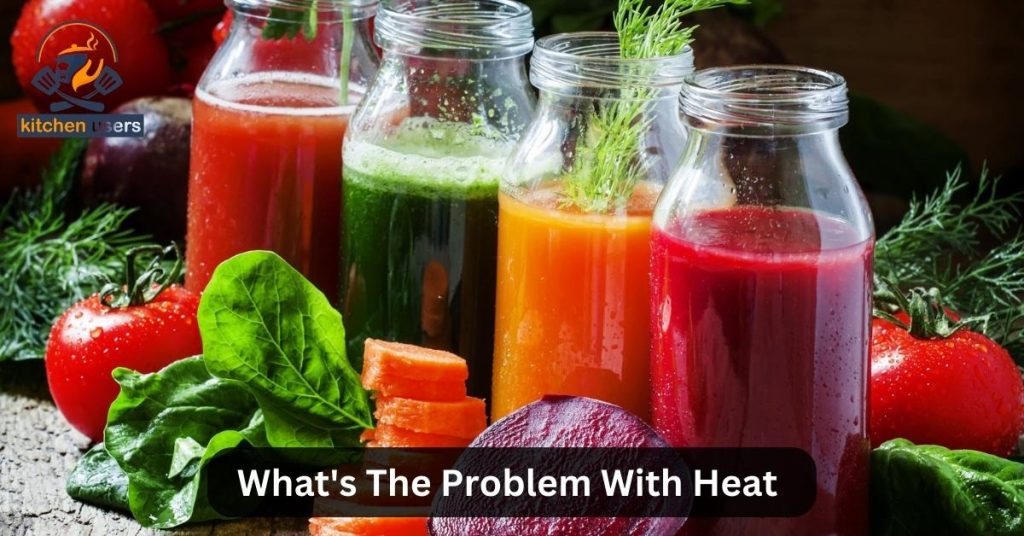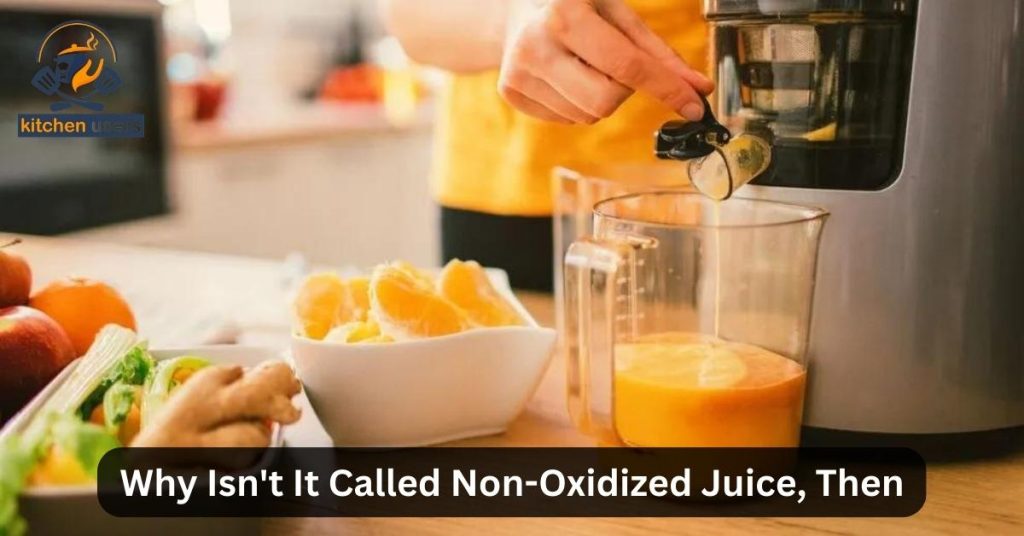Juicing is a popular way to get more benefits from fruits and vegetables. But some of us may need to become more familiar with cold-pressed juicing. Cold-pressed juicing involves using hydraulic pressing to extract the juice. And vegetables without oxidizing or degrading any of their nutrients.
This produces a higher-quality juice. Then what you might find with equipment like centrifugal juicers or blenders. This blog post will explain what cold-pressed juicers are. And discuss why they are so much healthier than other forms of juicing.
Cold-pressed juicing is becoming popular. To extract the most amount of nutrients from fruits and vegetables. But how do you know if a juicer is cold-pressed?
What Is Cold-Pressing?
Cold-pressing involves crushing fruits and vegetables without using any heat or oxidation. The process uses hydraulic pressure to break down cell walls.
Also Releasing all the natural enzymes, vitamins, minerals, and phytonutrients locked inside. This extraction method produces higher yields. Than other juice extraction methods. Resulting in a nutrient-rich juice with a longer shelf life than regular juice.
Why Use Cold-Pressed Juicers?

The main benefit of using a cold-pressed juicer is that it preserves more nutrients in your juice. By reducing oxidation during the extraction process. You can expect your juice to last up to three days in the refrigerator with minimal nutrient loss. Additionally, since this method maintains more of the natural flavor profile.
In fruits and vegetables, you can experience a refreshing drink with every glassful. With less oxidation during production, fewer pollutants are released into the environment. Making it an option for those looking to reduce their carbon footprint.
How Can You Tell If It’s Cold Pressed?
The best way to tell if a juicer is cold pressed is by looking at its label or checking out reviews online. If it states “cold press” or “slow press” anywhere on its packaging. It’s likely that this machine will use this type of technology.
Be sure to read customer reviews, too; they can give you an insight into how well each machine performs. And how much time they take to produce one glass of juice. Also, some machines may come with extra features. Such as adjustable pressure settings or temperature control options. That could state that it utilizes cold pressing technology for better results.
Are There Hot-Pressing Juicers, Then?
Hot-pressed juicers are different from cold-pressed juicers. In that, they combine heat and pressure to extract the juice. This method results in oxidation. Which can cause some nutrients (like vitamins) to break down.
Quicker than cold pressing. Additionally, hot-pressed juices tend to have a shorter shelf life. Due to the increased oxidation levels. They will usually need to consume immediately. Or within a few days of production. If you’re looking for high-quality juice. With the most nutritional value, cold-pressing is the way to go!
What’s The Problem With Heat?

When it comes to extracting juice, using heat can have a detrimental effect. On the product’s quality and nutritional content. Heat causes oxidation which speeds up enzymatic activity and nutrient breakdown. This leads to a lower-quality juice with fewer nutrients.
Then what you would find when using cold-pressed techniques? Additionally, hot pressing also increases the likelihood of bacteria growth in your juice. Reducing its shelf life and making it less safe for consumption. For these reasons, cold-pressing is generally considered superior to other juicing methods.
Wait, So Is Heat Good Or Bad?
In the case of juicing, heat can hurt your juice’s quality and nutritional content. Cold-pressing is generally seen as the superior option for producing high-quality juices. With most nutrition due to its ability to preserve more natural enzymes. Vitamins, minerals, and phytonutrients in fruits and vegetables.
Cold-pressed is the best choice. If you’re looking for a healthier and longer-lasting juice! When purchasing a cold press juicer, look at customer reviews. Or check out extra features, such as temperature control options. That could show that it utilizes cold pressing technology for better results. By investing in a good-quality cold-press machine, you.
Okay, So Is Oxidation Bad For Juice?
Yes, oxidation can be bad for juice. As it causes nutrient breakdown and reduces the quality of the product. Cold-pressed juices are a better option. As they allow for minimal oxidation during production. And thus preserve more nutrients, leading to a higher-quality end product.
With the most nutritional benefits. Additionally, cold-pressed juices tend to have a longer shelf life. Due to the decreased levels of oxidation involved in their production. Cold-pressing is also a choice. For those looking to reduce their carbon footprint.
Why Isn’t It Called Non-Oxidized Juice, Then?

Although “non-oxidized juice” is a more accurate term for cold-pressed juicing. The phrase “cold-pressing” has become much more used in this juicing method. This is likely due to its more appealing connotations. That emphasizes its benefits compared to other types of juicers. Such as hot-pressed or centrifugal juicers.
Cold pressing also implies a slower and gentler process with higher-quality outcomes. Which appeals to health-conscious consumers looking for an alternative to conventional juicing methods. , it’s up to you as the consumer whether you choose cold-pressed. Or non-oxidized juice, but know that cold pressing is generally the superior option!
Is It Worth Spending The Extra Money On Cold-Pressed Juices?
It depends on your individual needs and preferences. Cold-pressed juices are generally more expensive. Than those made with other juicing methods. But this is due to their superior quality and longer shelf life. Cold-pressing also retains more of the natural enzymes. Vitamins, minerals, and phytonutrients find fruits. And vegetables, which makes them a healthier option.
For those looking to maximize their nutritional intake. Additionally, cold-pressing has lower levels of oxidation. This helps reduce spoilage and makes the juice last longer – meaning you get more bang for your buck! , cold-pressed could be worth investing in. If you’re looking for a high-quality juice with the most nutrition. And remember that by investing in a
FAQs
What Is Cold-Pressed Juicing?
Cold-pressed juicing extracts juice from fruits and vegetables. While keeping their nutritional content intact. This is using hydraulic presses to apply high pressure. Instead of heat, reducing oxidation. And preserving the natural enzymes. Vitamins, minerals, and phytonutrients find fruits and vegetables.
Are Cold-Pressed Juices Better Than Other Types Of Juices?
Yes, cold-pressed juices are superior to other juices. Because they preserve more nutrients due to minimal oxidation during production. They also have a longer shelf life. And provide the most nutritional benefits with each sip.
Is It Worth Spending Extra Money On Cold-Pressed Juice?
It depends on your individual needs and preferences. But, investing in quality cold-pressed juice could be worth the added cost. Due to its superior quality compared with other types of juicers. Additionally, it provides most nutrition for healthier options without sacrificing flavor!
Conclusion:
Cold-pressed juicers offer many advantages. Over traditional centrifugal models like increased nutrient retention. Improved flavor profiles, and reduced environmental impact through fewer pollutants released during production. Now that you know what makes cold pressing unique.
From other juice extraction methods. Armed with this knowledge, you should be able to make an informed decision. When shopping for a new machine! With all these factors considered, you can enjoy fresh juices. Packed with vital nutrients without worrying about added heat denaturing them!
Related Post: Why Masticating Juicers Are Better
As a 10 years veteran in the culinary industry, I have developed a passion for all things kitchen. With a deep understanding of food preparation and cooking techniques, I am a true kitchen specialist. My experience working in Khedmot kitchen has allowed me to hone my skills and become an expert in creating delicious and visually appealing dishes.
I am a creative and innovative chef, constantly experimenting with new ingredients and cooking methods to bring unique and memorable dining experiences to my customers. In addition to my culinary expertise, I am also highly organized and able to effectively manage a team of kitchen staff, ensuring that all tasks are completed efficiently and to a high standard.
I am dedicated to my craft and always strive to create exceptional dining experiences for my customers. Whether it’s developing a new menu, training my kitchen team, or working with local suppliers, I am always looking for ways to improve and take my kitchen to the next level.
If you’re looking for a skilled and passionate kitchen specialist, look no further. I am eager to bring my expertise to your team and help take your kitchen to the next level.



4 thoughts on “What Is Cold-Pressed Juicing – Best Guide 2023”